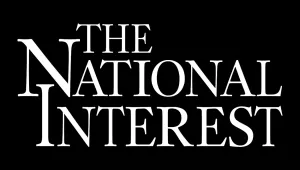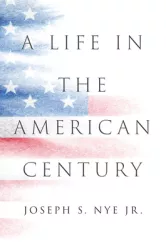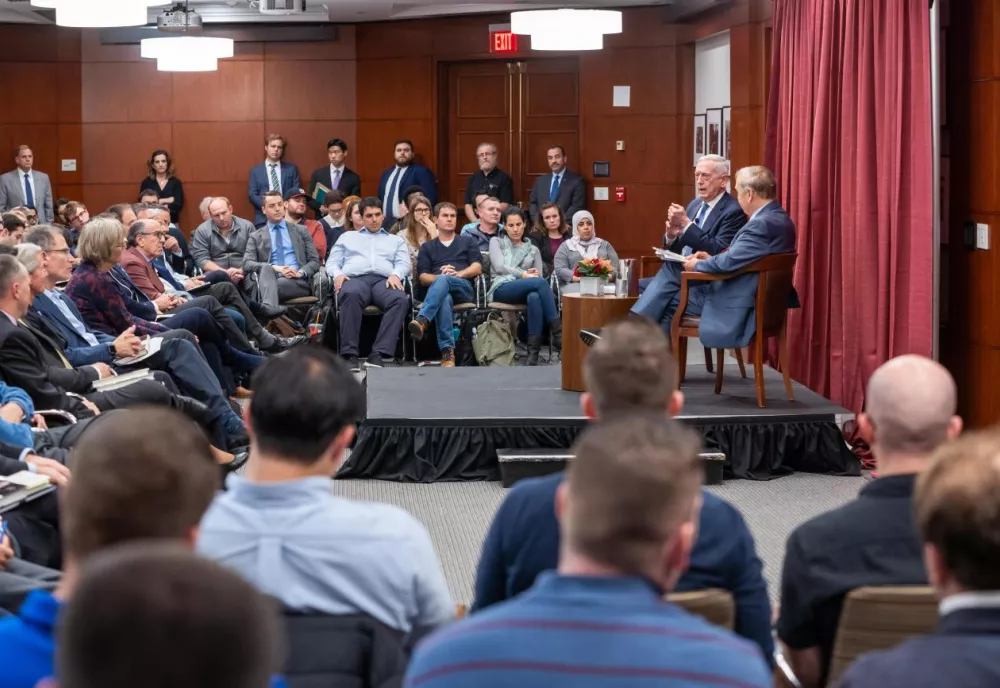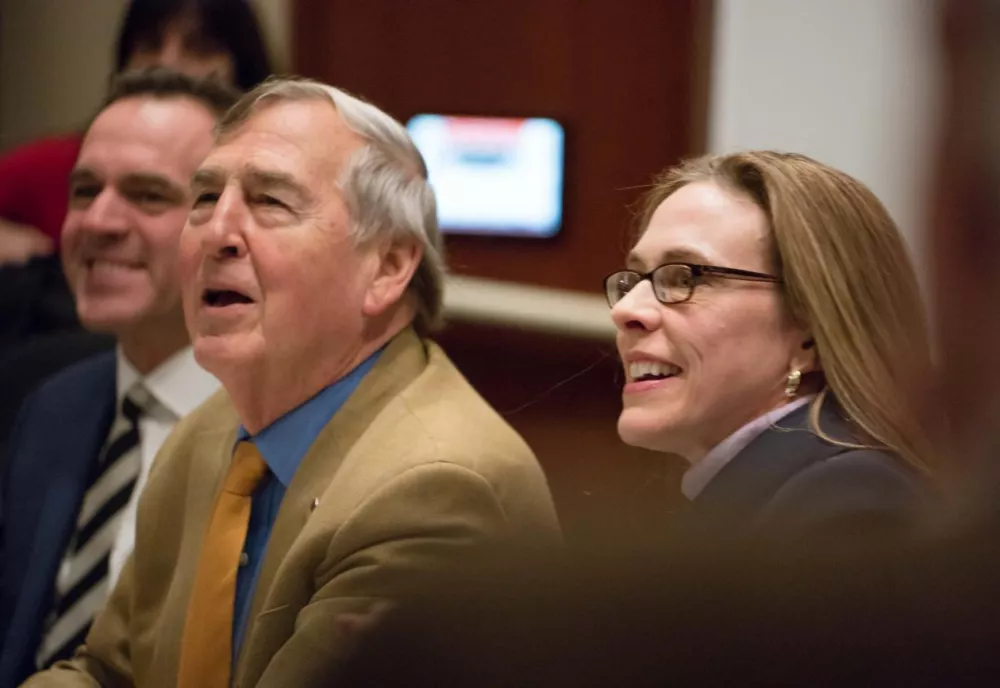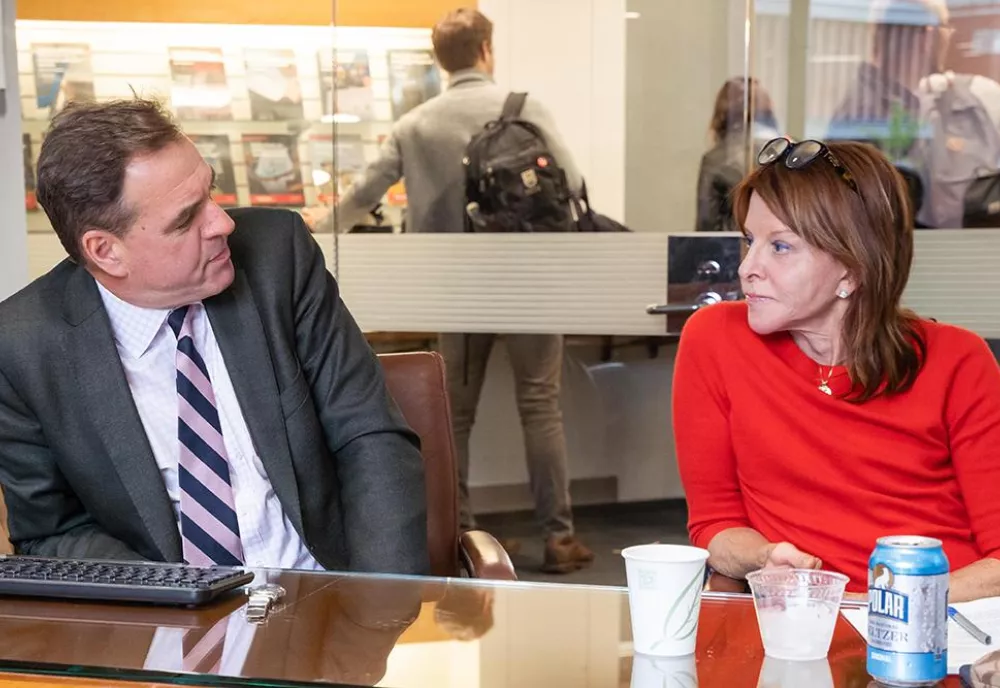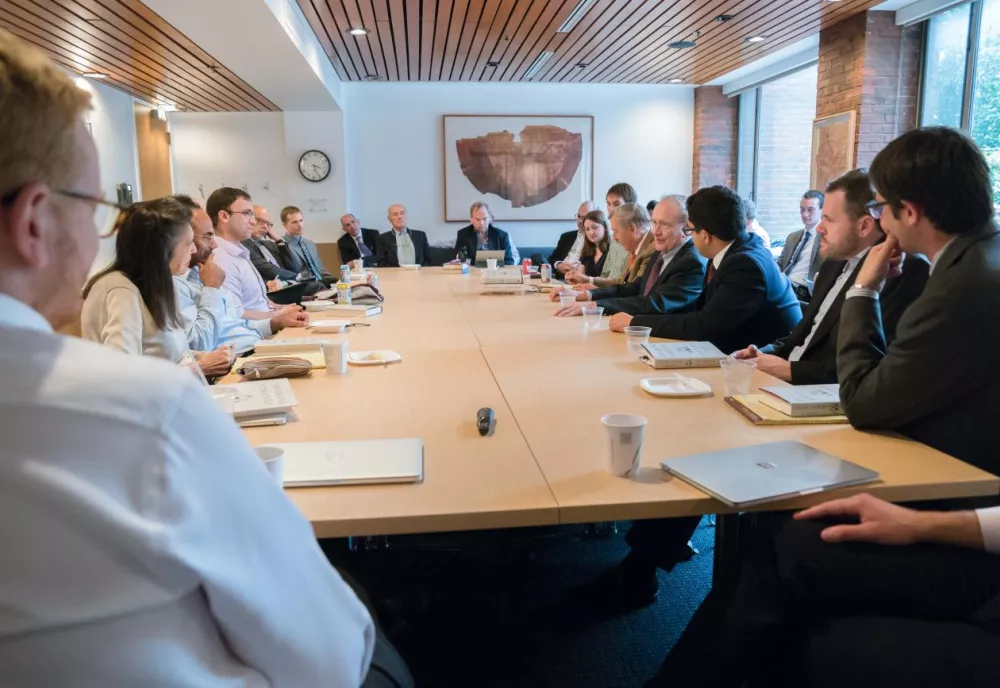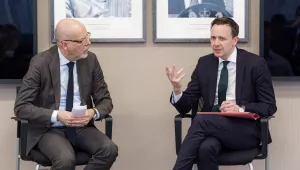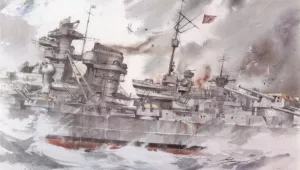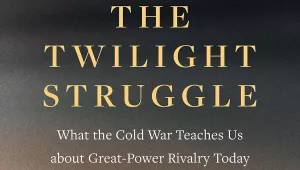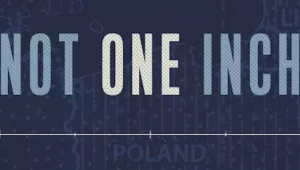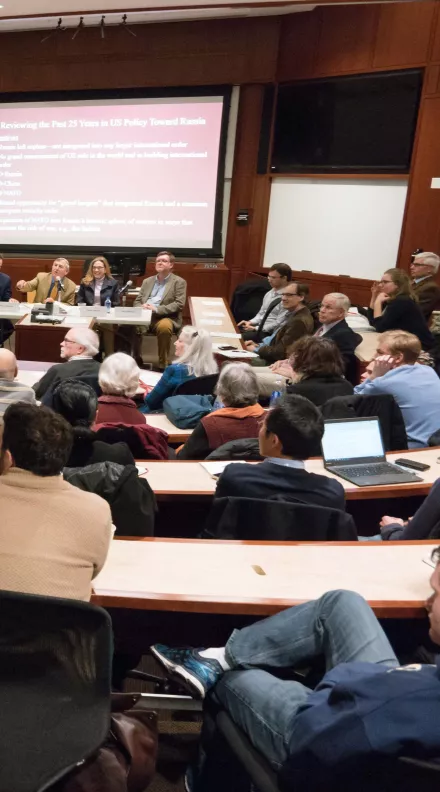
Applied History Project
-
Faculty Director

-
Co-Chair

-
Faculty

-
Visiting Scholar

About the Applied History Project
The mission of Harvard’s Applied History Project is to revitalize applied history by promoting the production and use of historical reasoning to clarify public and private challenges and choices. Founded by Professors Graham Allison and Niall Ferguson in 2016, the Applied History Project builds upon the foundation laid by Professors Ernest May and Richard Neustadt in the 1980s, reflected in their book Thinking in Time: The Uses of History for Decision Makers.
Advancing its mission, the Project sponsors the Applied History Working Group of faculty members across Harvard University to organize discussions with scholars and practitioners; supports historians and policymakers in producing Applied History; develops courses in Applied History; funds the Ernest May Fellowships in History and Policy for pre- and post-doctoral students; and holds Applied History Events open to the Harvard Community and the public. Harvard’s project is one of the leaders among a rapidly expanding network of universities and think tanks that are furthering the discipline of Applied History by clarifying predicaments and choices to inform better decisions.
The Project gratefully acknowledges the Stanton Foundation's generous support for its Applied History endeavors.
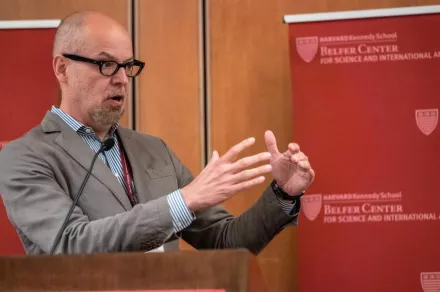
Applied History Course
"Reasoning from the Past: Applied History and Decision Making," taught by Fredrik Logevall, provides a basis for using history as a tool for analyzing foreign, security, and scientific policy, calling attention to some common fallacies in reasoning from history and discussing ways to avoid them.
Our Work
The Applied History project sponsors events, publishes a newsletter, and supports a course at the Kennedy School to fulfill its mission of promoting the production and use of historical reasoning in policymaking.
Applied History This Week: February 9, 2026
Quote of the Week
“Applying history to understand the problems of today and tomorrow is just as important for citizens as it is for diplomats and defense officials.” – H.R. McMaster, “2016 FPI Forum: Strategy, Policy, and History,” Washington D.C., November 30, 2016
Article of the Week
“A post-Trump restoration is still possible” – Gideon Rachman, Financial Times, February 9, 2026.
Rachman argues that the US could “return to the politics and policies of the pre-Trump era,” just as democracy was restored in Greece in 1975 after 7 years of rule by military junta or voters in India rejected the ruling party in 1977 after nearly 2 years of living in a state of emergency. Rachman highlights the “gathering backlash” against Trump, including popular dissatisfaction with his immigration policies and Republican pushback to his threats against Greenland.

